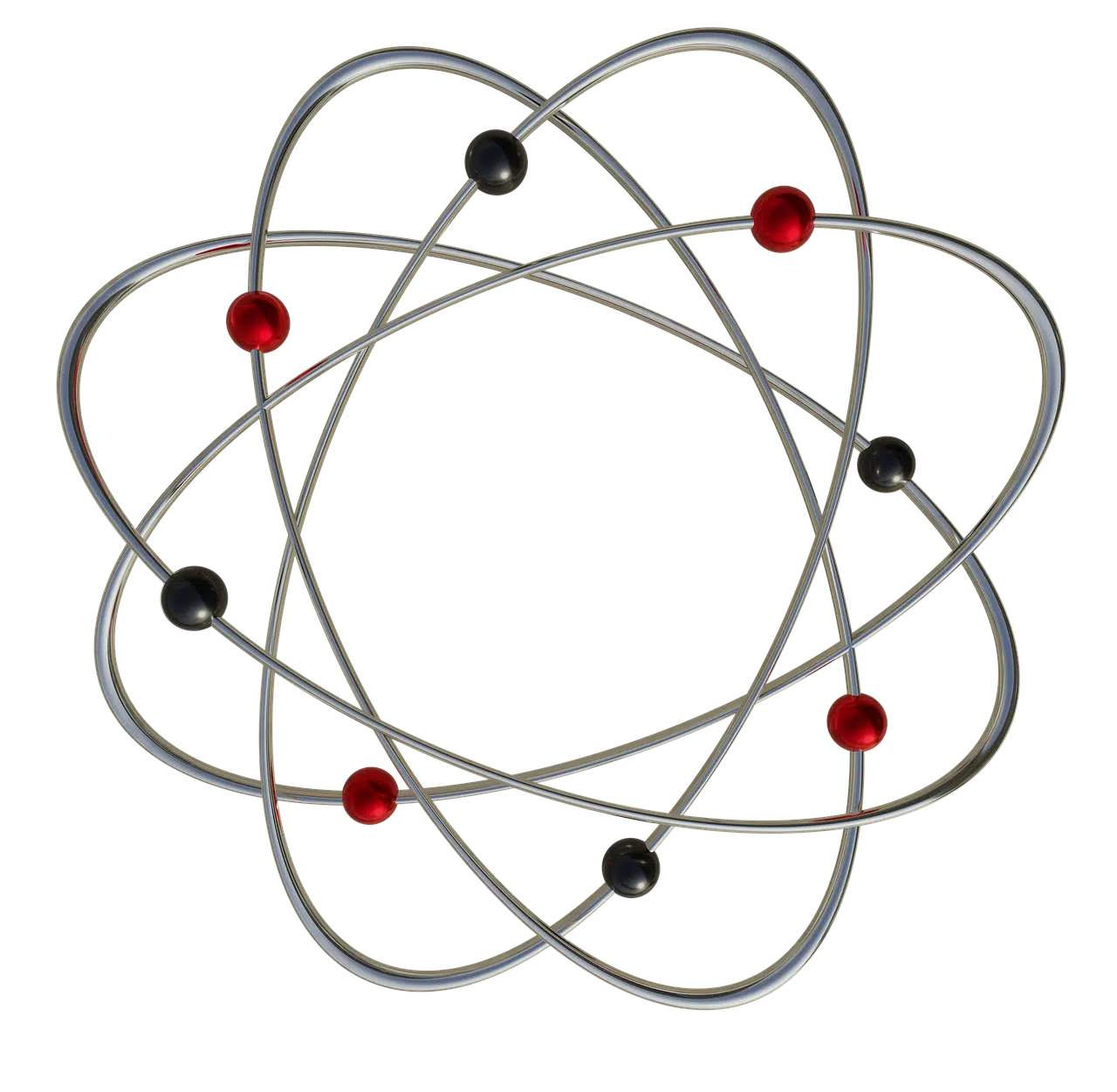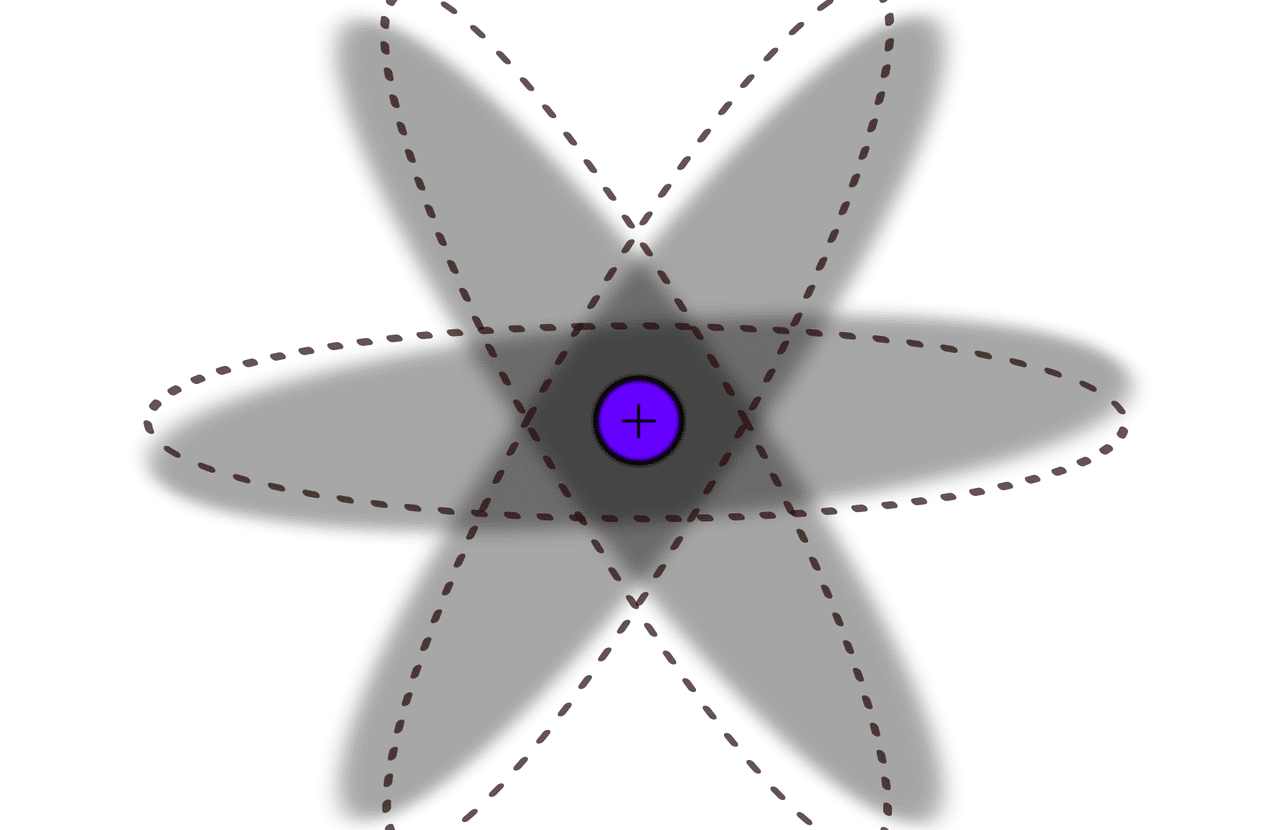
Free radicals are atoms that have unpaired electrons.
Free radicals is a concept that is used in the field of chemistry to name those atoms or sets of them that have an unpaired electron , a condition that gives them instability and reactivity .
In search of equilibrium , atoms that have an unpaired electron try to obtain an additional electron at the expense of another atom . Once this is achieved, the atom that gives up the electron becomes a free radical and then tries to recover that electron in a third atom. In this way, a chain reaction occurs.
Types of free radicals
Specifically, it is considered that free radicals can be classified into two large groups:
- Internal : these range from those generated by the stress that accumulates in different circumstances to those produced by the metabolism itself, including those derived from performing a high amount of exercise.
- External . Within this other group are those associated with alcohol consumption, excessive sun exposure, medication consumption and a poor diet .
Free radicals, in short, are found in the atmosphere (through radiation) and in the organisms of living beings . Scientists are also able to carry out the synthesis of free radicals in a laboratory.

Free radicals are unstable and reactive.
Its impact on the body
When the aforementioned chain reaction caused by free radicals takes place inside the human body, damage appears in the cells and can lead to various diseases .
What free radicals do is take electrons present in cells . People can avoid the imbalance that this situation generates through antioxidant substances , which are responsible for the release of electrons in the blood. In this way, free radicals capture those electrons to achieve their own balance and gain stability.
Other considerations about free radicals
In addition to everything stated above, it is necessary to know another important series of data related to free radicals, such as the following:
- They are very present in processes such as metabolism.
- It is important to be clear that there are certain phenomena or situations that cause the body to have a greater number of free radicals . We are referring to both a bad diet and tobacco consumption and even the pollution that may exist around the person in question.
- Among the most common pathologies that free radicals can cause are cancer, diabetes, Alzheimer's, Parkinson's , cholesterol , arteriosclerosis...
- Many and varied are the consequences that excessive accumulation of free radicals can bring. Thus, in addition to the aforementioned diseases, there are aging , cardiovascular problems and even serious difficulties that affect the nervous system.
- The usual way to incorporate antioxidants into the body is through food . Fish, tomatoes, oranges, carrots and wine are some of the substances that provide antioxidants and help avoid the consequences of the reactions produced by free radicals.
- All this without overlooking other foods such as mango, spinach, broccoli, green pepper, melon, strawberries, orange, green tea, kiwi...
